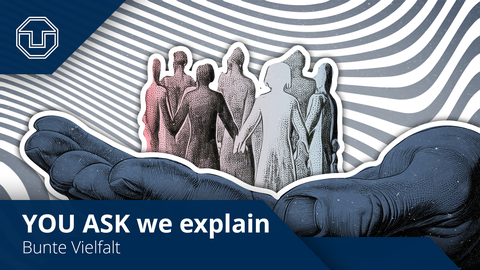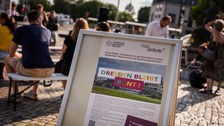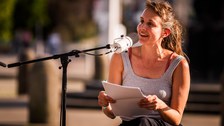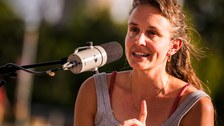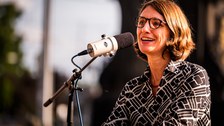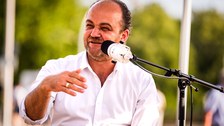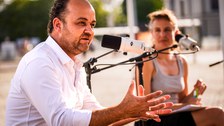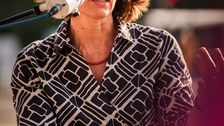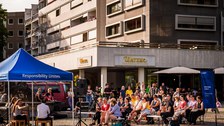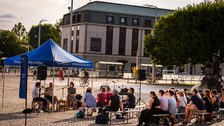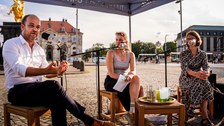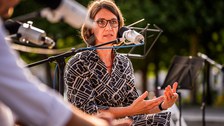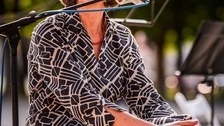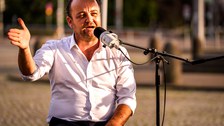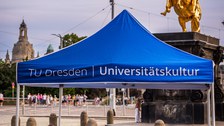Jul 18, 2024
Episode 21: Colorful diversity - How can we do justice to diversity in our society, science and research?
Our podcast series YOU ASK we explain - Berührungsängste in der Medizin was launched in 2023 and is published monthly. In our 21st episode, as part of the TUD Lectures+, we discussed the topic: Colorful diversity - How can we do justice to diversity in our society, science and research?
We wanted to discuss with you and answer your questions. Do we really live colorful diversity and is this also reflected in areas such as language, technology design or medicine? Does research and development take into account the diversity of our modern society and consider the needs of people in their diversity?
Only since 2022 has there been a dummy in the well-known car crash test that takes into account the special features of the female physique. This shows that even supposed majorities such as women are often neglected in technology design. Not to mention other social groups, such as older people, people with disabilities or with different cultural experiences, to name just a few examples.
Didn't have time to be there? No problem: just listen to our podcast on the go - on Spotify, Apple Music or Deezer.
Give us your feedback - simply, quickly and anonymously.
Here are a few impressions of our event.
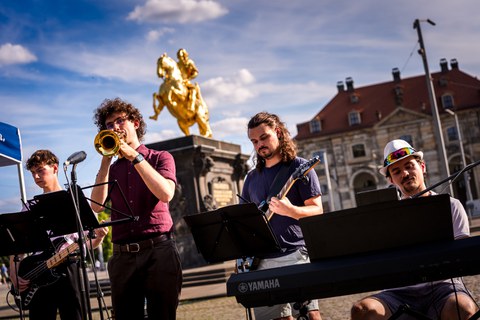
Big Band Therapy © André Wirsig
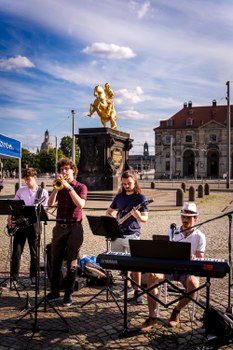
Big Band Therapy © André Wirsig
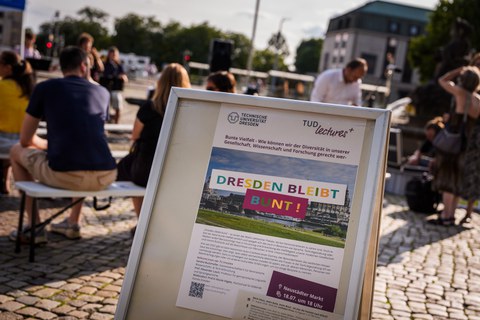
© André Wirsig
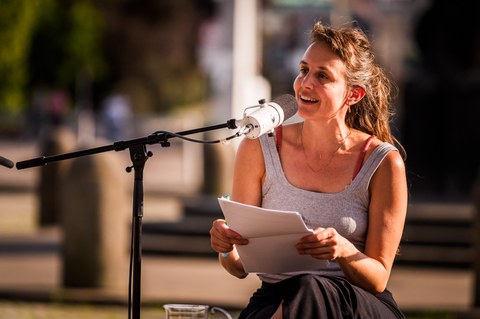
Moderatorin Nicole Vögele © André Wirsig
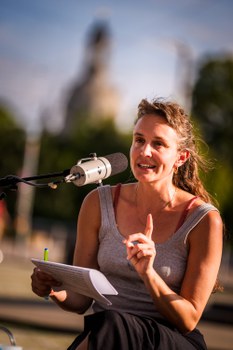
Moderatorin Nicole Vögele © André Wirsig
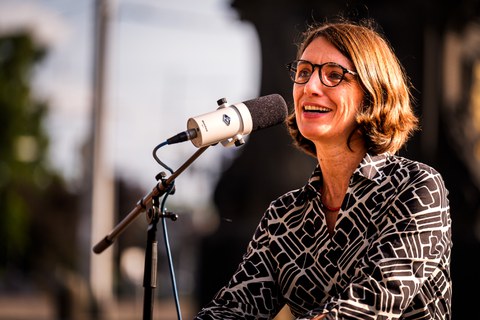
Referentin Roswitha Böhm © André Wirsig
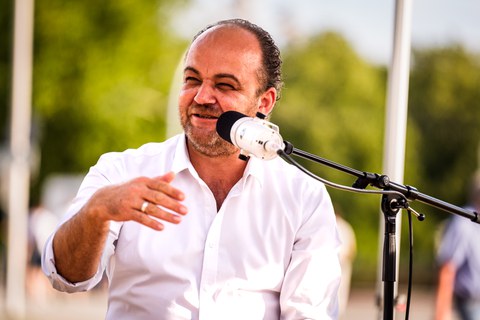
Referent Alexander Lasch © André Wirsig
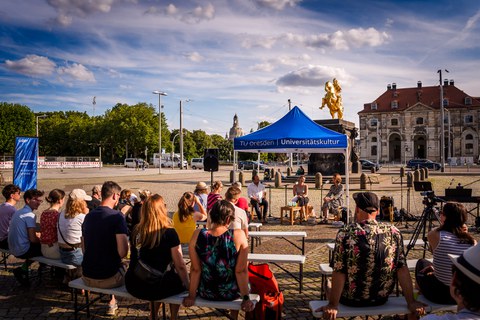
© André Wirsig
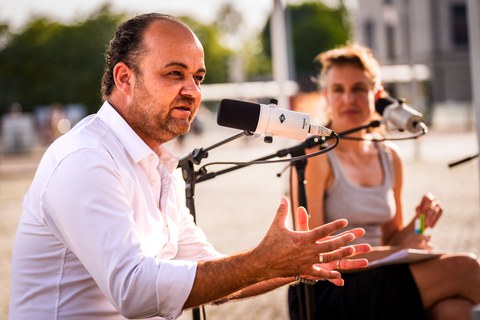
Referent Alexander Lasch mit Moderatorin Nicole Vögele im Hintergrund © André Wirsig
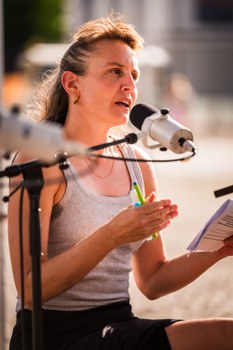
Moderatorin Nicole Vögele © André Wirsig
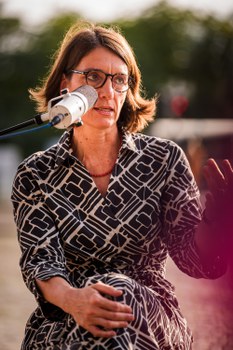
Referentin Roswitha Böhm © André Wirsig
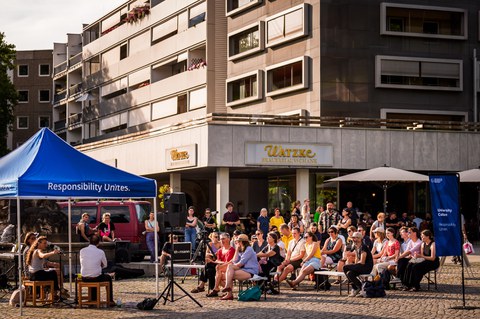
© André Wirsig
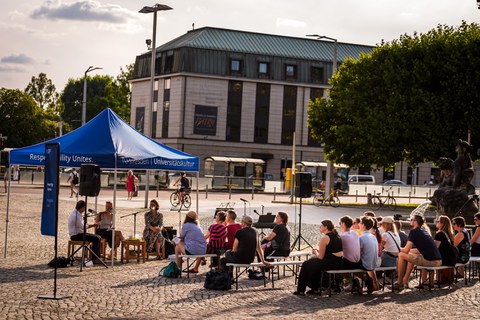
© André Wirsig
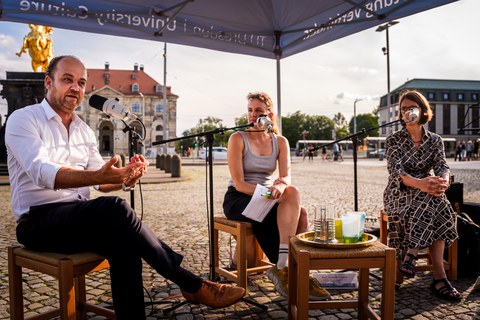
© André Wirsig
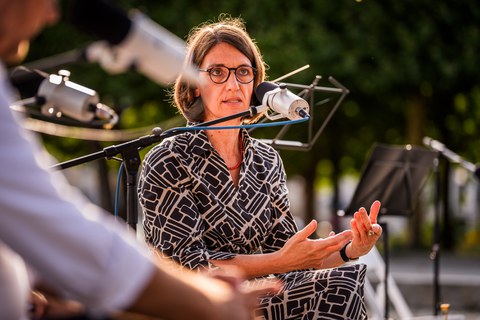
Referentin Roswitha Böhm © André Wirsig
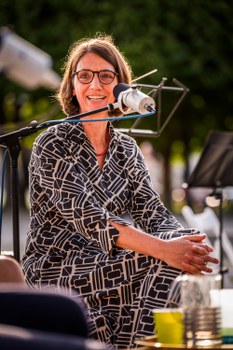
Referentin Roswitha Böhm © André Wirsig
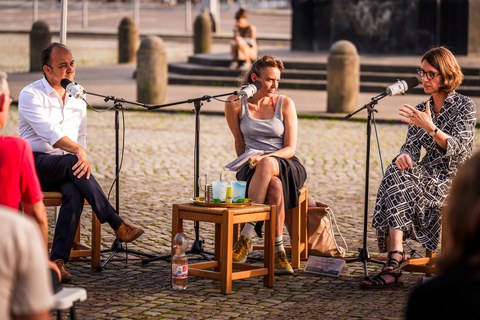
© André Wirsig
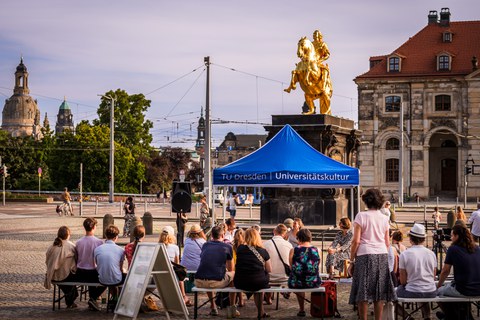
© André Wirsig
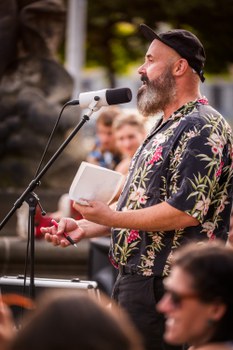
Organisator Stephan Wiegand © André Wirsig
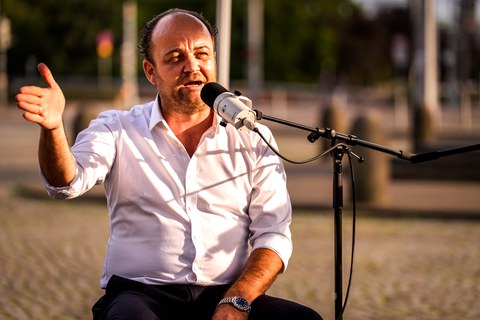
Referent Alexander Lasch © André Wirsig
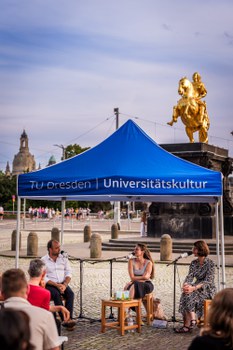
© André Wirsig
Our Advisors:
- Prof. Roswitha Böhm, Vice-Rector University Culture, Chair of French Studies / Institute of Romance Studies and member of the GenderConceptGroup at TU Dresden
- Prof. Alexander Lasch, Chair of German Linguistics and Language History
Moderation:
-
Prof. Nicole Vögele from the Dresden University of Fine Arts (HFBK Dresden)
Photo reference
Photographs and videos will be taken during this event. The photos will be used for the press and public relations work of the TUD and the other participants. If necessary, photos will also be passed on to third parties for reporting purposes. By participating in the event, you agree that photos of you may be used for publications in print and online media, including social media.
This project is funded by the Federal Ministry of Education and Research (BMBF) and the Free State of Saxony as part of the Excellence Strategy of the Federal and State governments.

